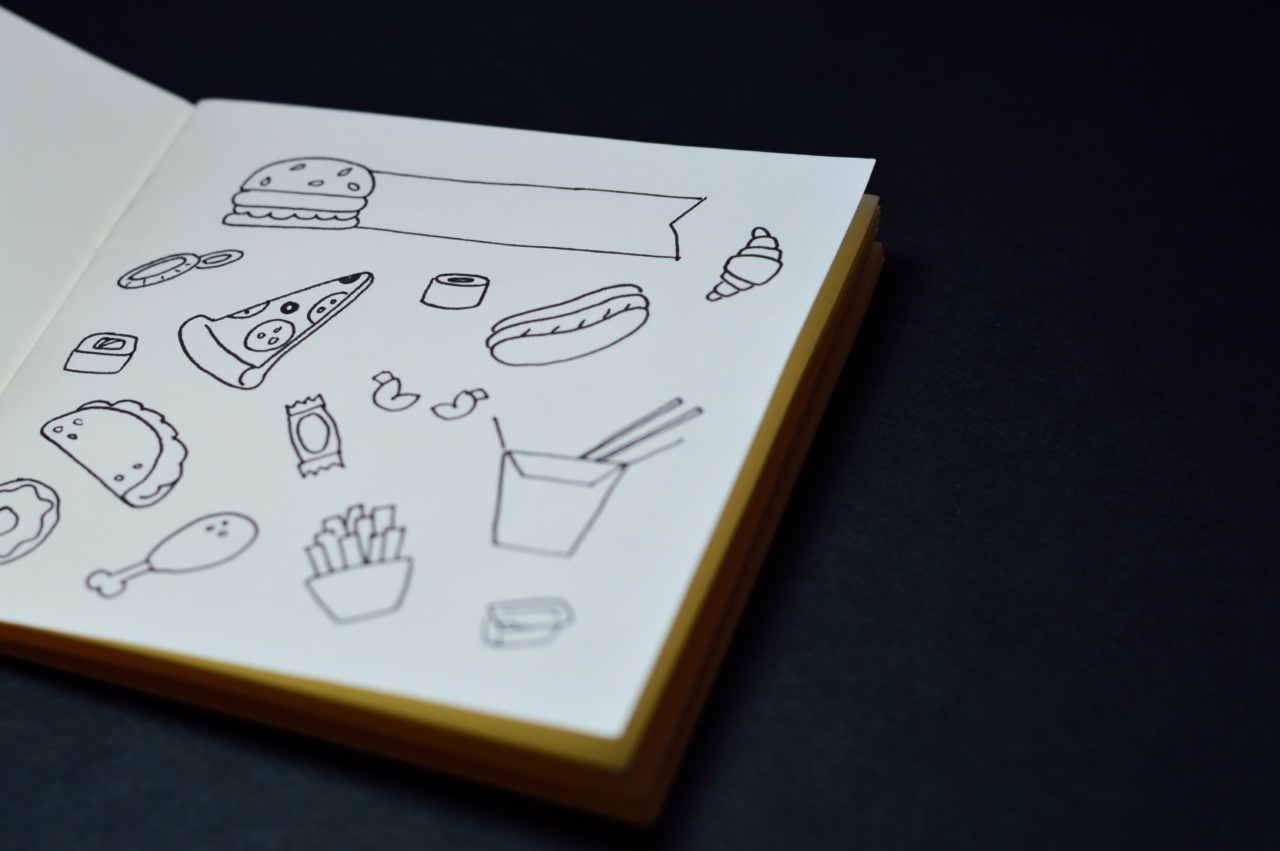Junk food may be tasty and convenient, but it’s also high in unhealthy ingredients that can have negative effects on our health, including raising the risk of hypertension or high blood pressure.
According to studies, consuming junk food regularly is one of the major contributors to the global increase in hypertension rates.
What is Hypertension?
Hypertension or high blood pressure is a condition where the force of blood against the arterial walls is consistently elevated. This can lead to damage to the blood vessels and organs like the heart, brain, and kidneys.
High blood pressure is a significant risk factor for heart attack, stroke, and other serious health problems.
How Does Junk Food Increase Hypertension Risk?
The main reason junk food raises hypertension risk is that it tends to be high in salt, sugar, and saturated and trans fats. These ingredients can negatively impact blood pressure and contribute to the development of hypertension.
Here are some of the ways junk food can affect hypertension:.
1. High Salt Content
Most junk foods come loaded with salt or sodium, which is used as a preservative and flavor enhancer. Consuming too much salt can cause the body to retain water, which in turn increases the volume of blood in the arteries.
This puts more pressure on the arterial walls, causing blood pressure to rise.
2. Excessive Sugar Consumption
Sugar, especially high-fructose corn syrup, is commonly added to junk food to enhance its sweetness. Overconsumption of sugar can lead to weight gain, insulin resistance, and high blood pressure.
Studies have shown that consuming excess sugar increases the risk of hypertension.
3. Saturated and Trans Fats
Junk food is also high in saturated and trans fats, which can clog artery walls and impair blood flow. This, in turn, increases blood pressure levels.
These unhealthy fats can also lead to the development of atherosclerosis and other heart-related problems.
4. Lack of Nutrients
Junk food is often high in calories but low in essential nutrients like fiber, vitamins, and minerals. Eating a diet that is deficient in these nutrients can lead to poor cardiovascular health, including hypertension.
5. Obesity
Finally, consuming junk food regularly can lead to weight gain and obesity, which is a significant risk factor for hypertension. Being overweight or obese puts additional pressure on the arterial walls, leading to high blood pressure.
Conclusion
Junk food is a major contributor to the global increase in hypertension rates. It’s essential to limit or avoid the intake of junk food to maintain good cardiovascular health.
Eating a balanced diet rich in whole foods, fruits, vegetables, lean proteins, and healthy fats is crucial for lowering blood pressure levels and reducing the risk of hypertension and other related health problems.






























